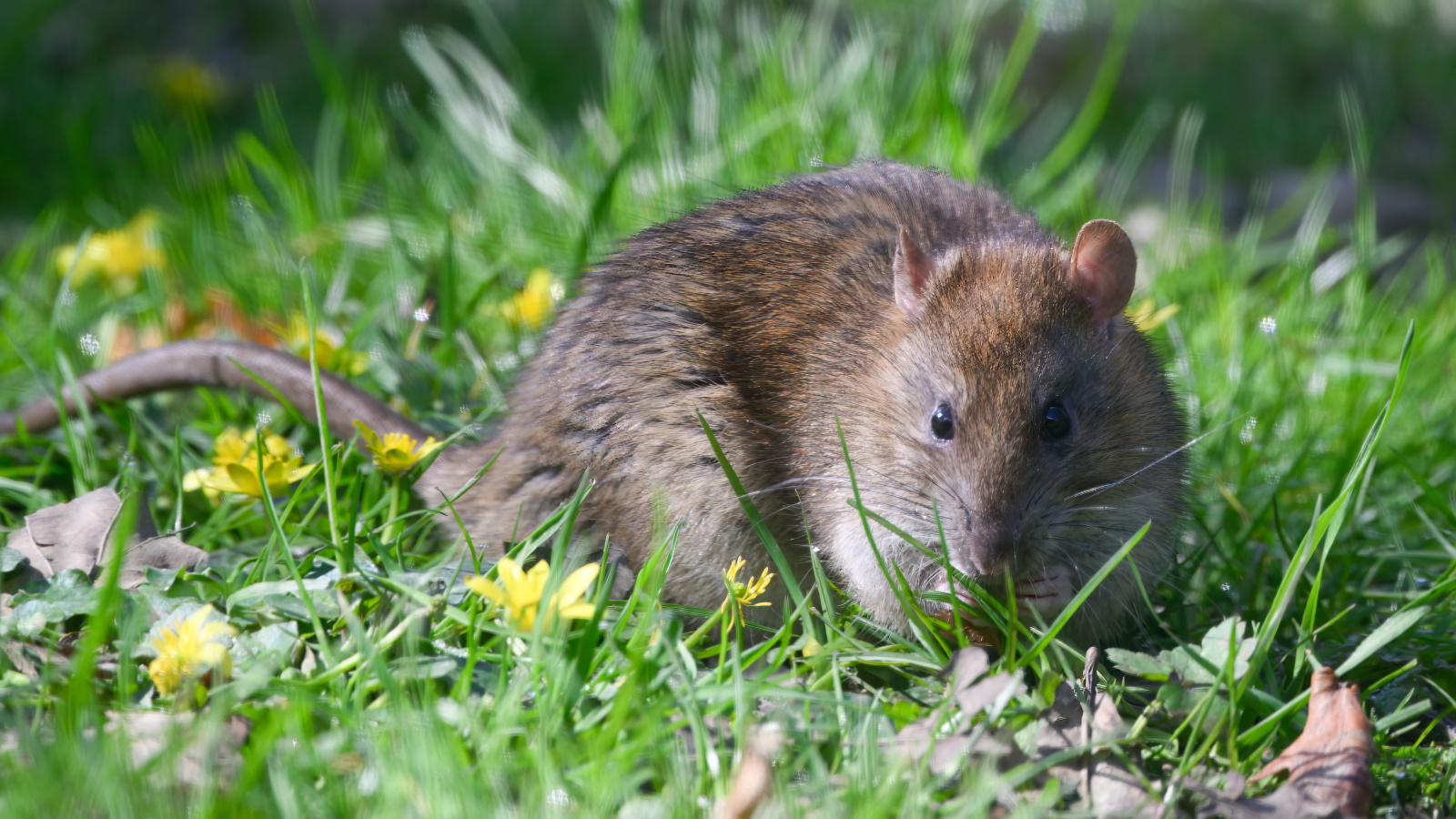
Coming across pests in both the home and backyard is inevitable and sometimes it can't be prevented. However, there are a few things you can do to discourage certain pests from taking up residence in your yard.
Even after learning how to get rid of rats, it's worth discovering ways to keep them away to stop you having to deal with the same problem later on with returning rodents. Just like getting rid of mice, deterring rats can help prevent damage to crops and plants, as well as structural damage to your home.
There is no single right way to keep rats away from your yard, so we've put together a list of the best methods for you to try.
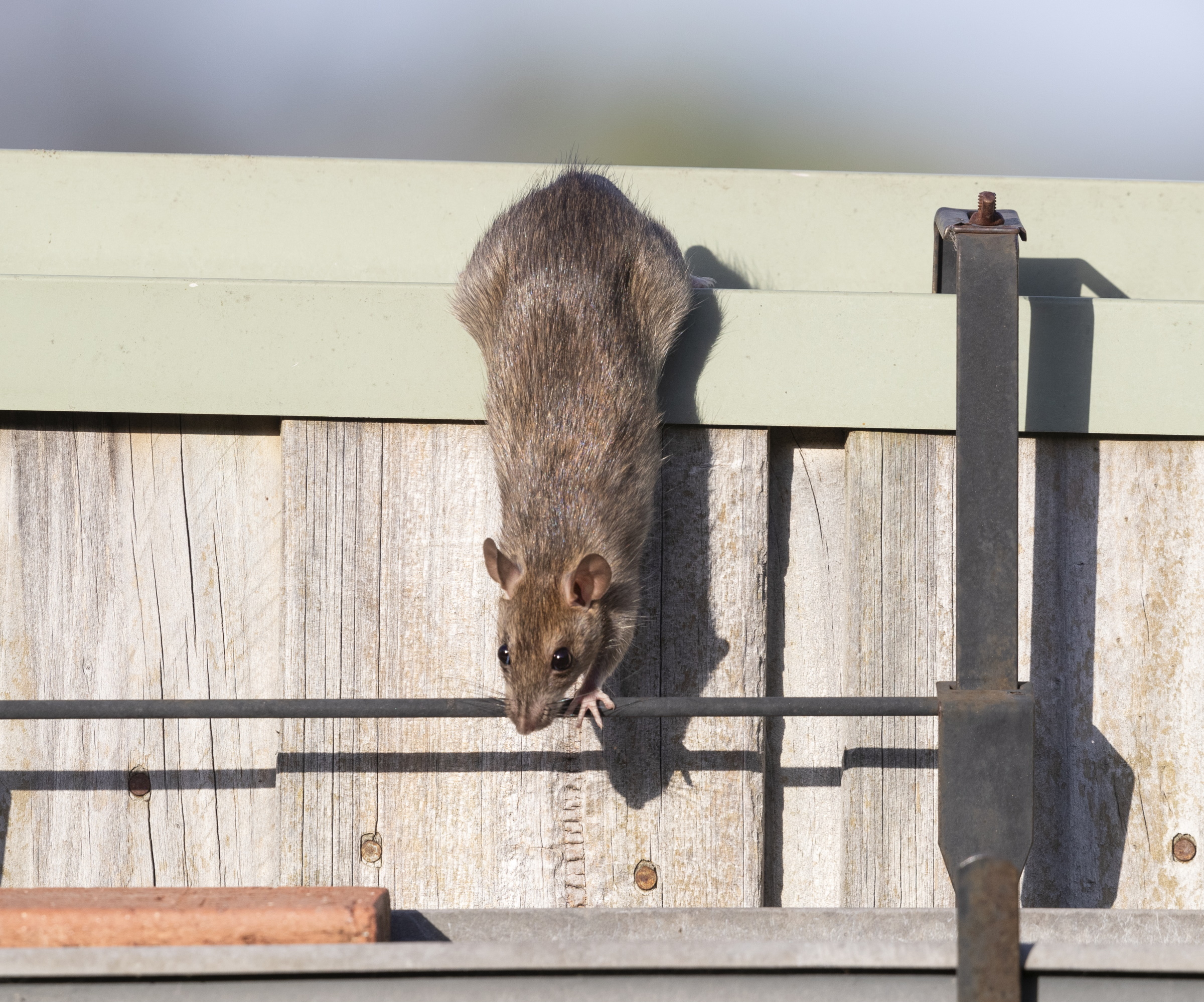
5 ways to keep rats away from your yard
If you're experiencing a big rodent problem, it's worth contacting a professional pest control expert for help. However, if you have spotted the occasional rat in your yard or want to prevent them from entering in the first place, try implementing the expert-recommended precautions below.
1. Keep your yard clean
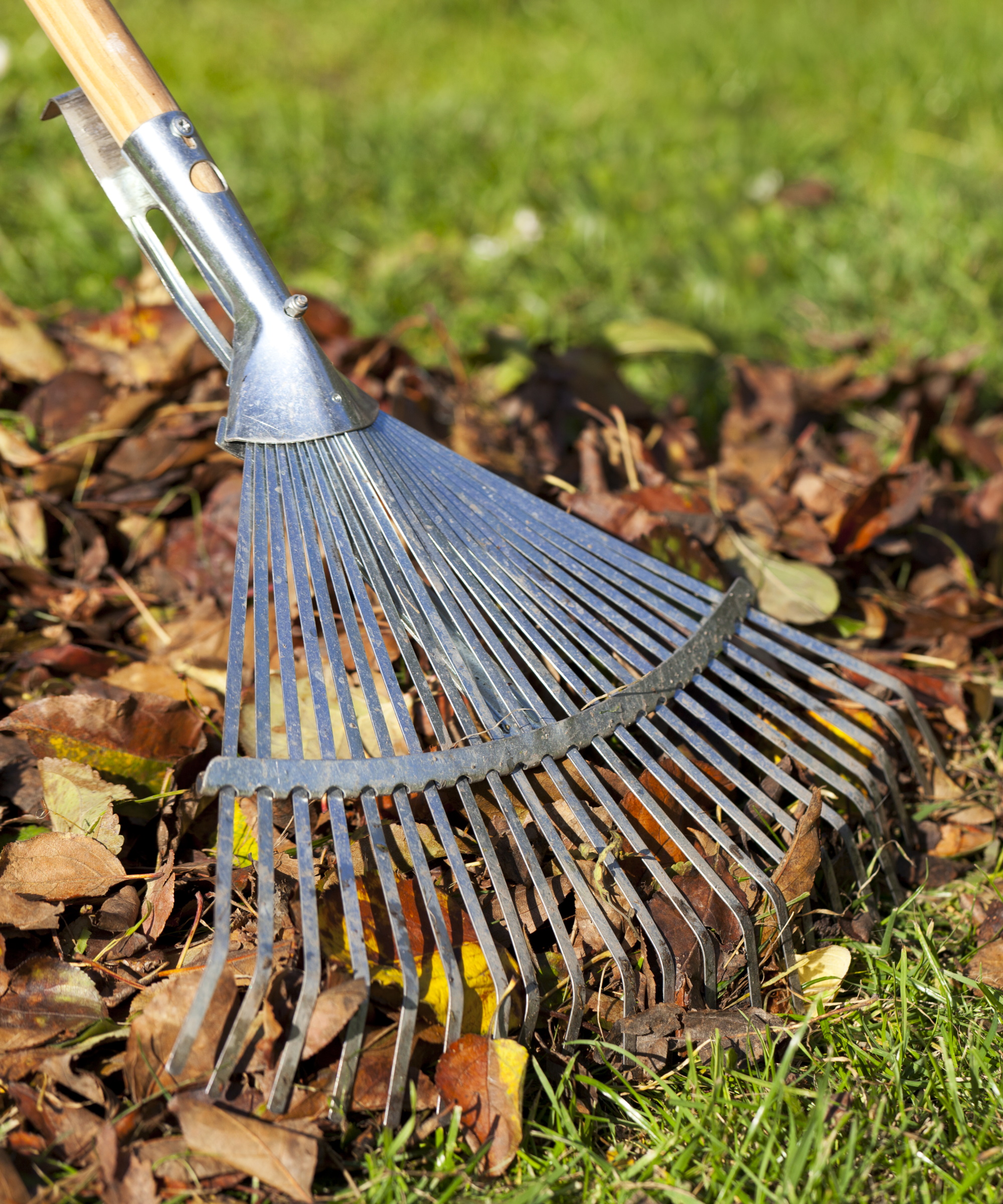
An untidy yard full of debris, fallen leaves and log piles can offer the perfect hiding places for rats. Staying on top of yard maintenance is a simple trick to keeping them away.
'By mowing your lawn frequently and removing debris, you reduce potential hiding spots for rodents,' explains garden maintenance expert, Steve Clark.
It's not just obvious hiding spots you need to tackle, either. 'Rats and mice don’t like to be in the open, so try to remove any runways they have that lead them to the yard, and remove any harborage they may have near the yard,' advises pest control expert, Blair Calder.
Keeping your yard tidy isn't only an effective method for discouraging visiting rats, but it will also make your outdoor space feel nicer. Plus, adding collecting leaves to your fall gardening checklist will provide you with opportunities to make leaf mold, among other things you can do with fallen leaves.
2. Remove food sources
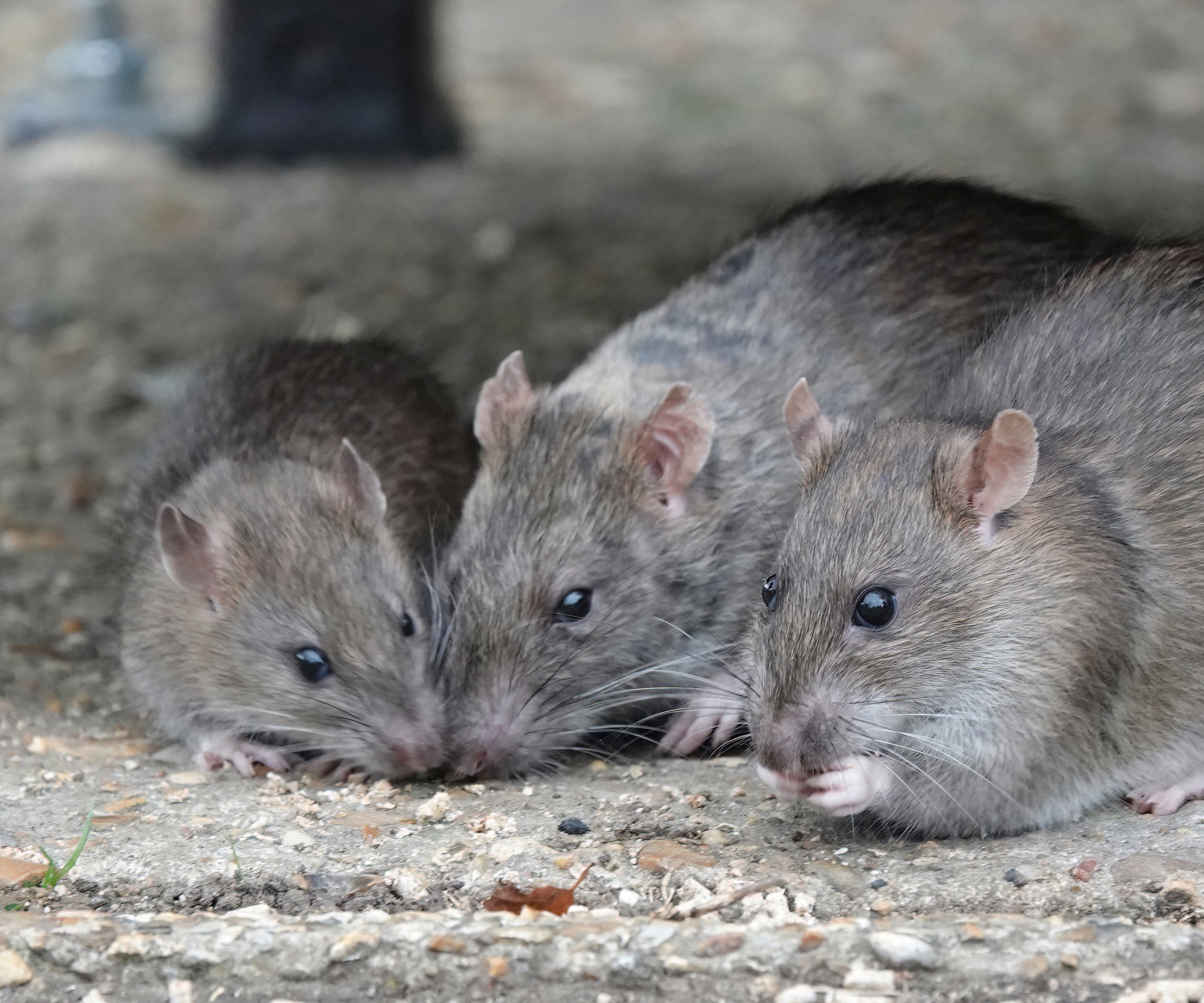
Not only should you remove shelter for rats to hide in, but it's also wise to take away any food sources that may be attract them to your yard. This includes not only open trash bins where food scraps are, but also contents in your kitchen garden.
'It's crucial to harvest all ripe fruit and vegetables right away in your garden, don’t leave them out for rodents,' advises Blair. Rats will feed on fruit and vegetables growing in your yard, so be sure to keep on top of your harvesting schedule to avoid the vegetable harvesting mistakes of leaving them out for too long.
Another potential food source is fallen birdseed or scraps from natural bird feeders. Make sure to regularly tidy up around your bird feeder to keep rats and mice away. Bird feeder baffles, like this from Amazon, will help protect bird feeders from rats and also keep squirrels away from birdfeeders.
3. Opt for fragrant plants
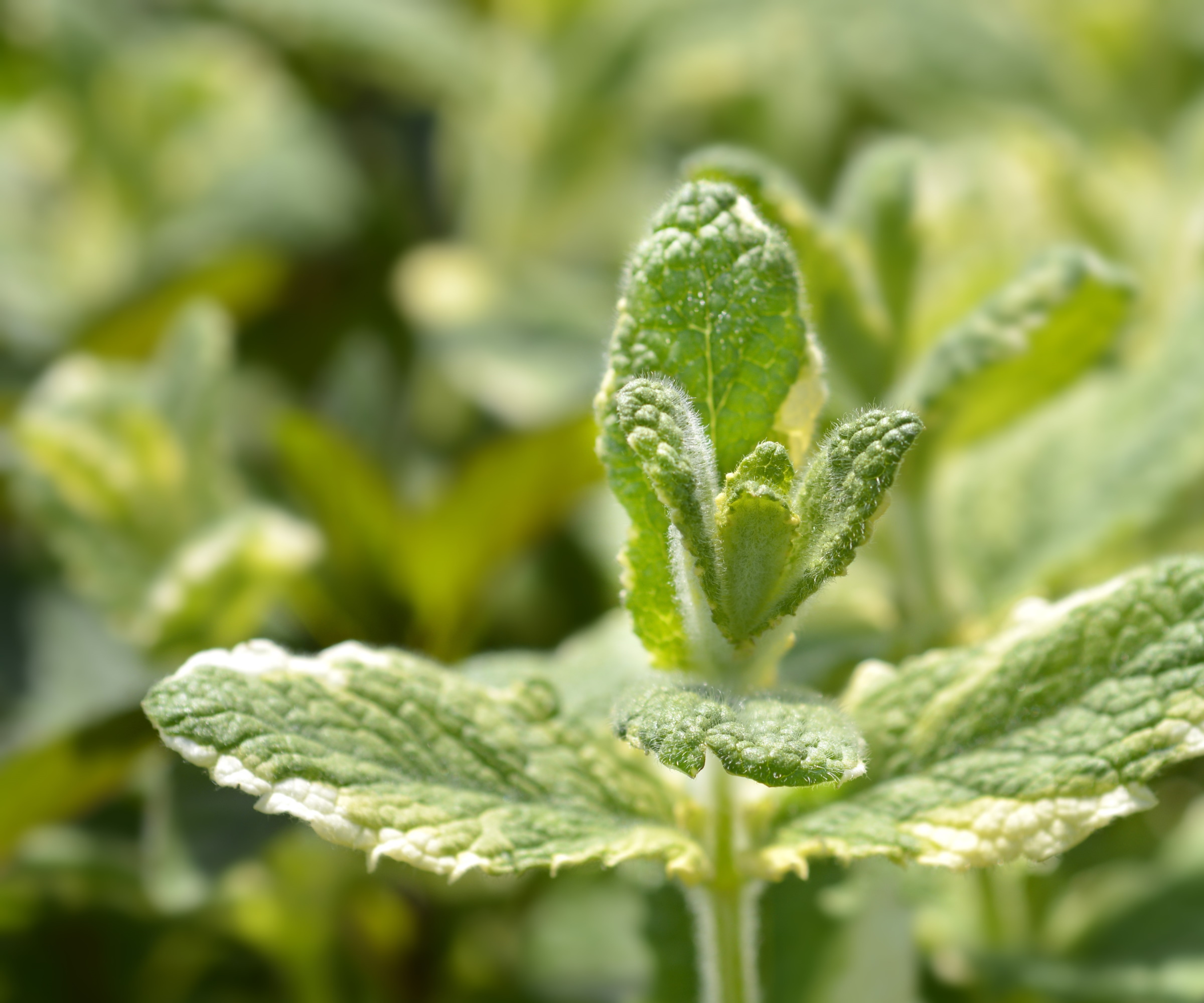
Like most pests, there are certain plants rats can't stand to be around. For this reason, you might want to consider designing a fragrant garden and growing aromatic herbs.
'Certain plants like mint, lavender and marigolds are natural rodent deterrents. Planting them near entry points like fences, garden beds or the perimeter of your house can help,' says Steve.
Marigolds in particular are an effective pest-repellent plant for their strong scent. It's best to plant marigolds in a vegetable garden around your most susceptible crops, as well as creating a border with them around your vegetable patch.
Herbs like mint, rosemary and lavender are also effective as mouse-repellent plants and even snake-repellent plants. However, Blair does note you will need large quantities of fragrant plants to keep rats out for good, so it's wise to not rely on this solution alone.
Start by planting these marigold seeds from Walmart.
4. Secure your compost bin
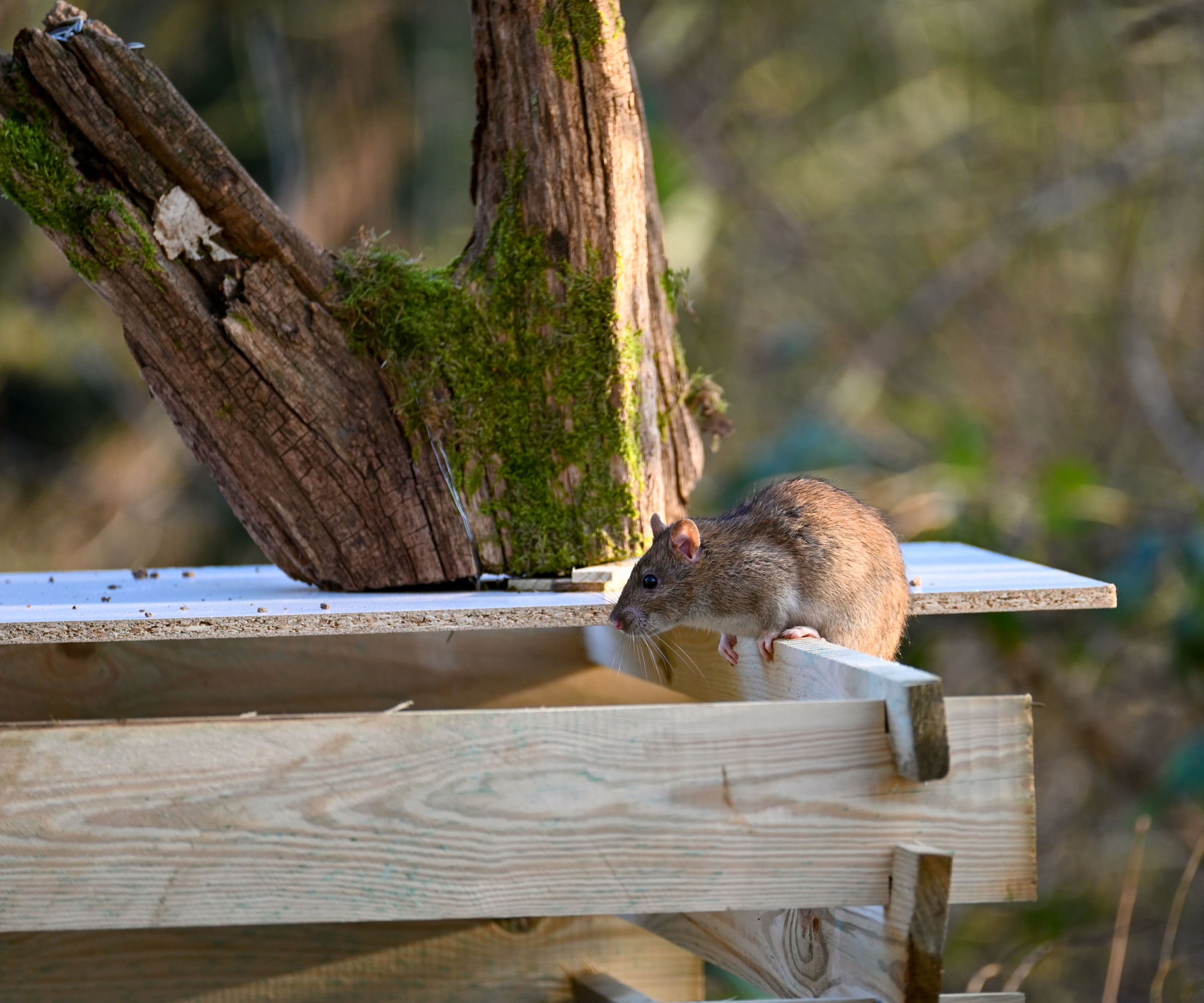
It's no surprise that rats are attracted to compost bins where kitchen scraps and decaying matter are compiled to break down. A simple solution is ensuring you incorporate a compost bin somewhere secure in your yard.
'Compost bins are a prime attraction for rodents if left unsecured,' says Steve. 'Elevate the compost bin off the ground and use a tight, sealed lid. You should also turn it to stop compost smelling bad, which could attract rats,' he advises.
Of course, one of no-dig expert Charles Dowding's composting tips is to not worry too much about rodents in your compost, as they can actually help keep it aerated. Nevertheless, if you are struggling with a rat problem, it's wise to avoid inviting them into your heap.
Try using this tumbling composter from Amazon to keep your compost aerated. This will also help speed up composting as a bonus.
5. Encourage predators
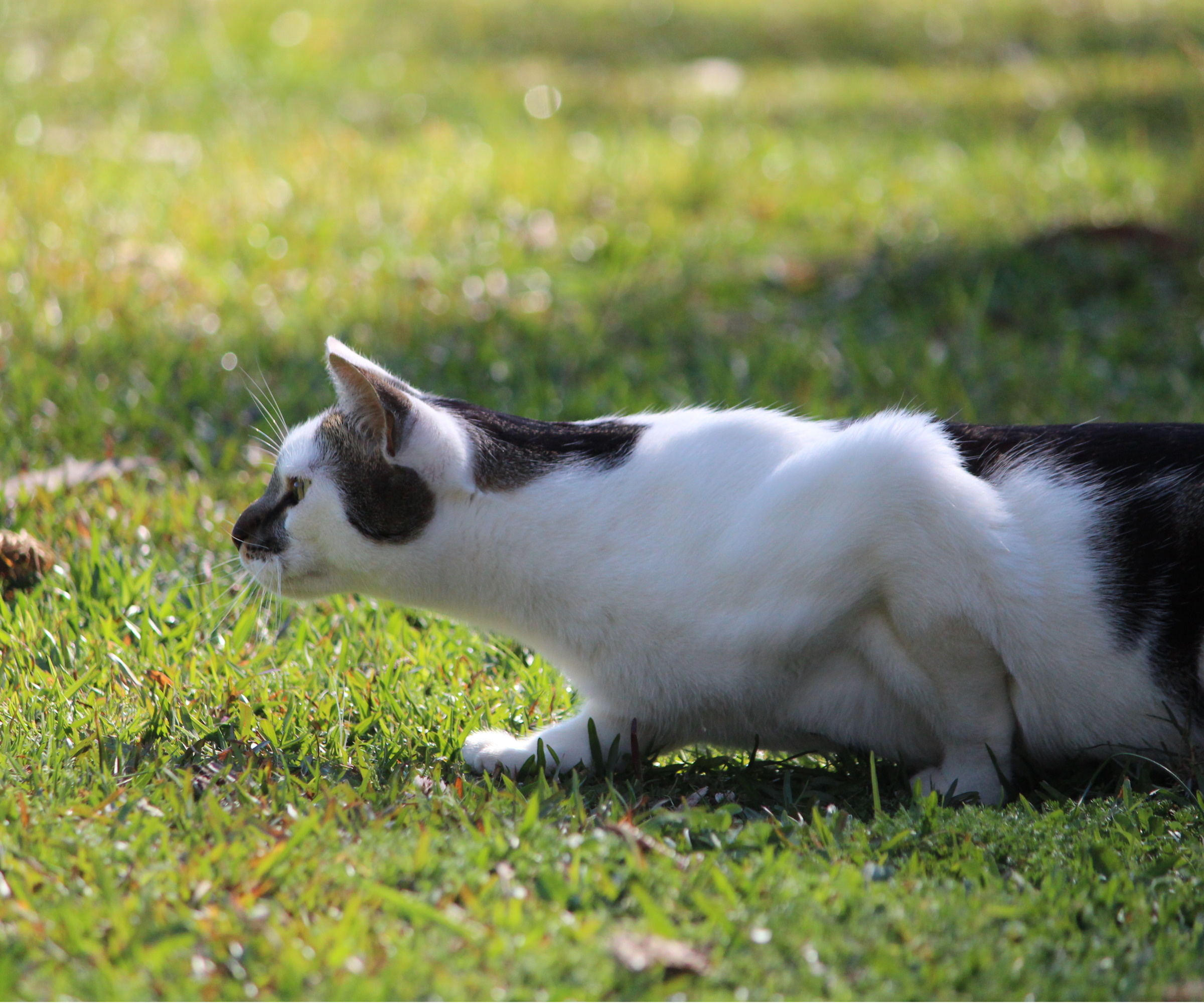
You can also employ the help of natural predators to keep rats away. A pet cat or dog, for example, may hunt rodents and scare them off.
Other options include attracting birds of prey to your yard, with the best plants for birds. 'Keeping grass short also allows predators, like birds of prey, to spot and deter pests more easily,' notes Steve.
'You could also consider adding a fake owl to your yard, as rats tend to avoid areas where they think predators are,' he adds.
You can find a decoy statue owl to scare pests like rats at Amazon. Place it on the edges of your property, such as on a shed or fence post.
FAQs
Do humane rat traps actually work?
Yes, it is possible to catch rats in your yard using a humane rat trap. They work by luring rats into a container that shuts and traps them inside. You can then release them in a different location, away from your home. However, there may be different regulations about trapping and releasing rodents in different areas, so always check with your local authority first. An alternative solution is contacting a certified pest control expert to help you capture rodents on your land.
Late-summer and fall are common times for rats to make an appearance in your yard, especially when there is plenty of debris and fallen leaves for them to hide amongst. As well as keeping rats away, it's worth turning your attention to other common fall pests to watch out for and protect your home from in fall, including squirrels and raccoons.







